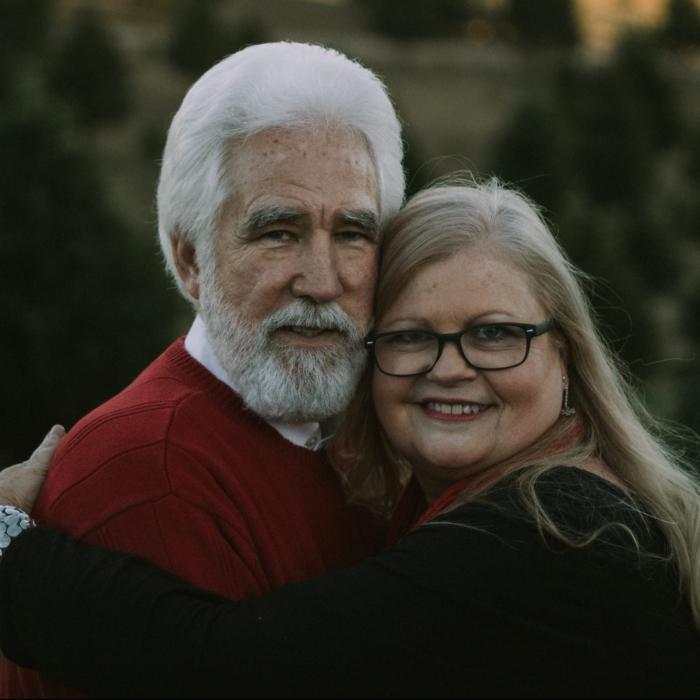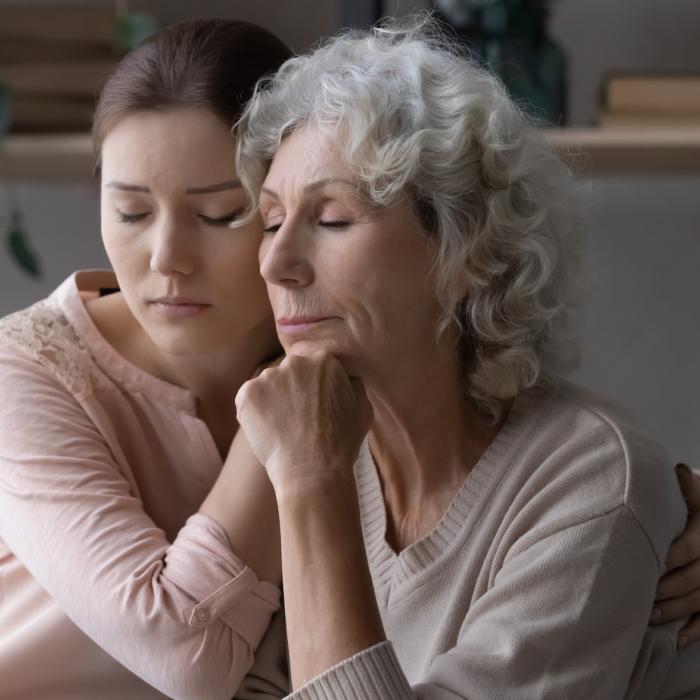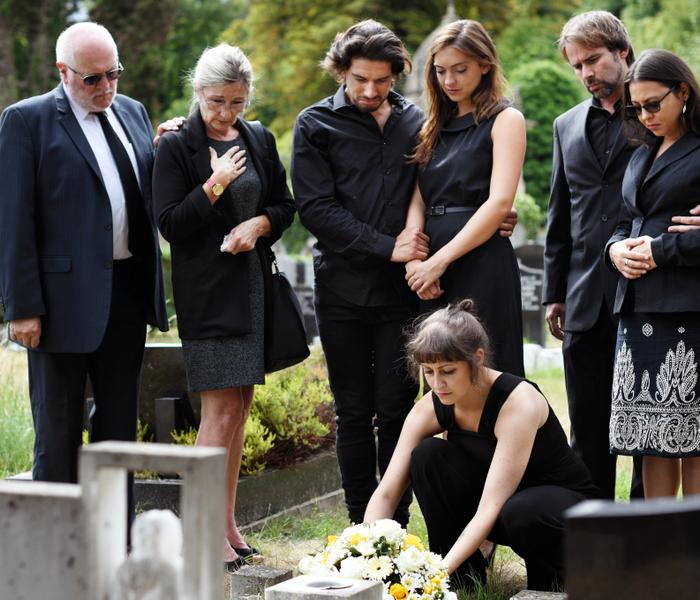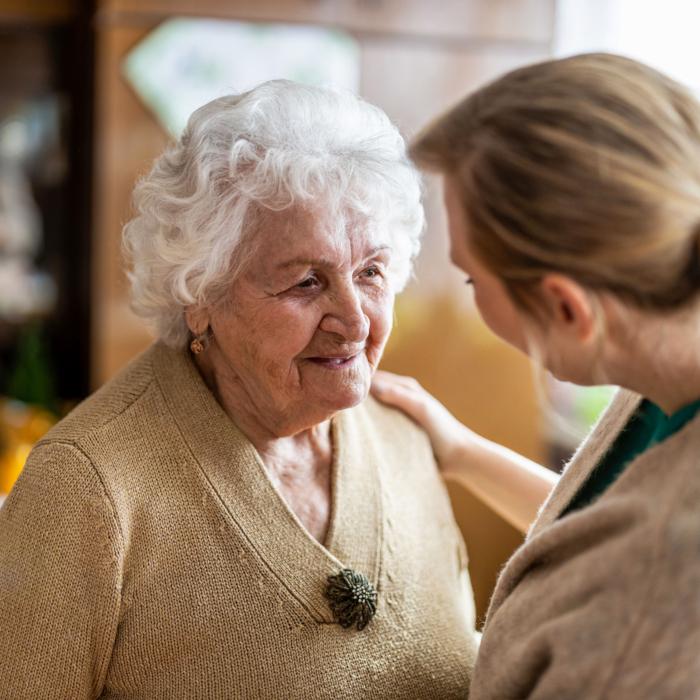According to palliative care experts, preparing for death can be a profoundly healing journey.
There’s a problem with death—it causes despair and suffering. In our modern culture devoid of traditions, death has been dehumanized. We’ve lost the art of dying well, knowledge passed down from family to family just a few generations ago.
What Is Dying Well?
A good death—a common oxymoron among palliative care teams—is more about living well during your final days than merely addressing physical pain.“The spiritual side of dying is much more important than the physical side,” Dr. Gagne-Henderson told The Epoch Times.
After serving dying patients for 27 years, she’s well acquainted with death.
Dr. Gagne-Henderson is a provocative voice among palliative care experts and is the executive director of the Connecticut Hospice and Palliative Care Organization.
“Making meaning by addressing spiritual distress will bring more peace than morphine. You can live with pain if you have meaning,” she said, arguing that unresolved spiritual distress at the end of life is vastly more painful than physical anguish.
The term “spiritual” doesn’t have to relate to a religion or faith. Spiritual distress includes turmoil such as broken relationships, the fear of death, and leaving behind a loved one or unfinished life work.
Victor Frankl made a similar argument in his classic book, “Man’s Search for Meaning.” In Nazi prisoner camps, Dr. Frankl developed profound theories from observing which prisoners were determined to survive and which lost their will to live.
He wrote: “A man who becomes conscious of the responsibility he bears toward a human being who affectionately waits for him, or to an unfinished work, will never be able to throw away his life. He knows the ‘why’ for his existence, and will be able to bear almost any ‘how.’”
Finding Meaning: An Individual Journey
Dr. Dan Morhaim, an emergency and internal medicine physician with more than 40 years of front-line clinical experience, said he believes that people can make meaning and build coherence in their dying days.In his book “Preparing for a Better End,” he wrote: “We are different from all other generations that preceded us in one important respect: we can influence how that destiny unfolds. That gives us new responsibility and also new power.”
Dr. Morhaim said we can find a balance between seeking advanced medical treatment and preparing for our death with acceptance. By “making the best of both worlds,” as he terms it, we powerfully influence how our destiny unfolds in ways former generations couldn’t.
Making Preparations for a Good Death
But how, you ask? What’s meaning at the end of life, and how does one find it?Palliative experts agree that meaning is unique to every dying patient, and it’s often discovered in preparing for death, whether one is healthy or on the brink of his or her final days.
According to Mr. Frankl, we find meaning in the practical tasks of suffering rather than in “sweeping statements” about the meaning of life.
“Our answer must consist not in talk and meditation, but in right action and in right conduct. ‘Life’ does not mean something vague, but something very real and concrete, just as life’s tasks are also very real and concrete. They form man’s destiny, which is different and unique for each individual,” he wrote.











